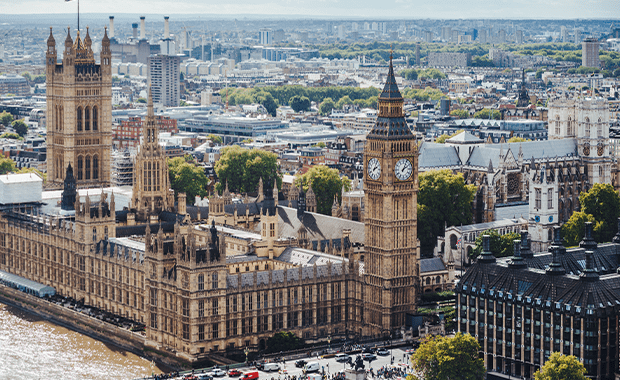The government is embracing the evolving landscape of artificial intelligence (AI) and attempting to integrate it into the education system. Improving mainstream education and increasing accessibility for young people has been central to Labour’s agenda, with one of the five key manifesto missions being ‘breaking barriers to opportunity’. To address challenges in mainstream schools, ministers are focused on issues such as teacher recruitment and retention. However, in the current economic and political climate, immediate solutions are limited, bar the initial 5.5% teacher pay rise in September 2024. To address these shortfalls in the long term, the government is exploring innovative ways to make the teaching profession more appealing and improve the overall efficiency of educational provision, including the use of AI to support teachers and school administrators.
As the government recognises the potential risks for young children when accessing AI, the introduction of AI into the classroom will be a teacher and administrator facing policy. To mitigate further issues, the government has committed to implementing safeguards. These safeguards include age restrictions on who can use AI tools and filtering and monitoring standards to ensure schools have the appropriate restrictions in place. However, with appropriate regulation, there is potential for expanding the use of AI tools to student facing use in supervised educational environments. Stakeholders and developers should anticipate these restrictions and the potential expansion from a teacher facing policy to one that includes students when developing AI models for educational settings.
AI models in education will focus on generative AI, with applications across various teaching and learning functions, such as creating educational resources, curriculum planning, feedback, revision activities, administrative tasks and supported personalised learnings. The government is also likely to encourage the introduction of other AI tools outside of the classroom that can enhance efficiency in schools and reduce administrative burdens. The new technologies and tools will likely require additional skills training for teachers and support staff. Organisations that provide the necessary training in this area, alongside the development of AI, are likely to be viewed favourably by government and schools.
To ensure a safe and responsible introduction of AI into the classroom, the government is collaborating with educational technology sector, experts and academics. As part of this dialogue, the government is piloting the EdTech Evidence Board to analyse the impact of edtech tools on teaching and learning. The Chartered College of Teaching is delivering the initial pilot scheme and is inviting organisations in the edtech sector to submit projects to the board later this year. This is an opportune moment for education service providers and stakeholders to engage with policymakers, demonstrating how their products can support the government’s educational objectives.
We’d be delighted to share our thoughts on what the government’s approach to AI and edtech could mean for you and how you can engage with the ongoing dialogue. Please contact mariella@gkstrategy.com if you would like to discuss the reforms with the GK team.





